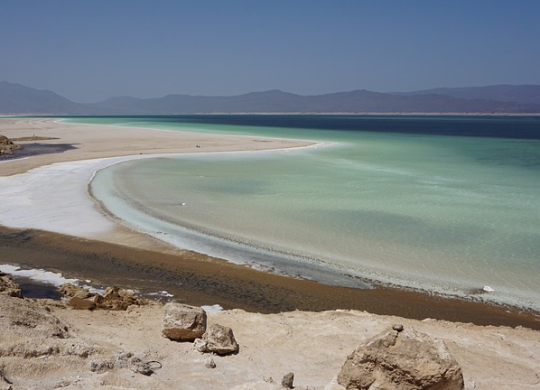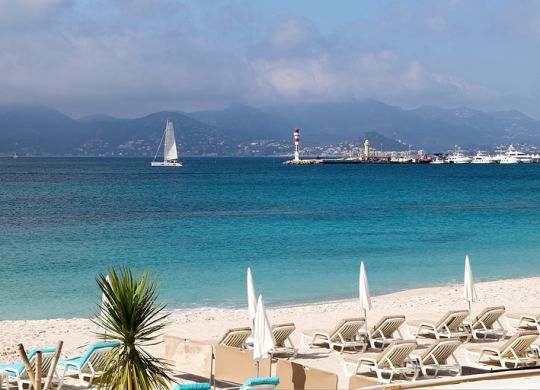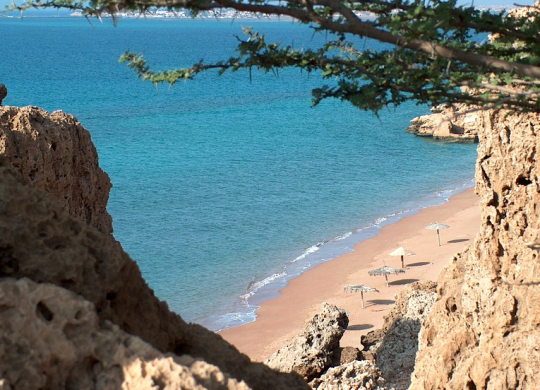Treatment in Djibouti: medical care and insurance options for foreigners

The Republic of Djibouti is a small African country located in the northeast of the continent that is part of the Horn of Africa, along with Eritrea to the north, Somalia to the southeast, and Ethiopia to the southwest. Even more remarkable than its physical size is its population density. As of 2019. Djibouti had a population of 973,560. At the same time, the country has historically struggled with poverty. Tourists and ex-pats may find that access to adequate medical care is limited in the republic.
Private and public sectors. What should a foreigner know about medical care?
The healthcare sector is controlled by charitable organizations and the Ministry of Health and Social Affairs. The largest concentration of medical facilities is in the capital. Outside the capital, the problem is greater. Rural areas do not have easy access to hospitals. Some medical facilities are only for emergencies and first aid.
One of the largest medical institutions in the republic is the 'Hospital General Peltier, which offers both primary and secondary medical care. There are also three private hospitals in the country, including the French Military Hospital. Foreign nationals with residence permits can receive both public and private medical care. The hospitals require cash payment for services and do not have service agreements with insurance companies.
It should be noted that medical service in the country is underdeveloped, even in the private sector. There is a shortage of equipment and medicines, and medical professionals often advise visitors to leave the country when serious treatment is required. To do so, it is necessary to have international medical insurance that covers medical evacuation abroad. We advise you to consult professionals to choose the right medical/travel insurance.
Potential risks and recommendations
Against the backdrop of the COVID-19 pandemic, Djibouti faced not only coronavirus but also other serious health problems.
• Yellow fever risk – a vaccination certificate is required for travellers over 1 year of age arriving from countries at risk of yellow fever infection, as well as for travellers who have transited through a country at risk of infection.
• The risk of malaria – a disease caused by the bite of an infected mosquito, which usually feeds at sunset. Symptoms appear eight days after the infected bite. Death is possible within hours of the first symptom. There is no vaccination against malaria, but you should take malaria pills (consult your GP) as the country is a high-risk area.
• Dengue fever risk – the infection is transmitted by a species of mosquito called Aedes aegypti, also known as the tiger mosquito. There is no vaccine against the fever, so it is important to protect yourself with insect repellent during the day.
• The risk of schistosomiasis is transmitted to humans through contact with fresh water when the parasitic worm enters the human body through the skin. Usually, symptoms are not noticeable until 2-4 weeks after infection. The first symptoms (fever, diarrhea, cough, or rash) may occur as the parasites move through the body. Long-term illness can cause damage to the bladder, kidneys, intestines, liver, and reproductive system. Prevention involves avoiding swimming, wading, or paddling in freshwater lakes and streams.
After the trip
In case your health gets worse, be sure to see your doctor and tell him or her the story of your trip in detail: where you were, and what you were doing during your trip. Also, report if you have been bitten or scratched by an animal. If you have taken anti-malarial medication during your trip, continue to take the remaining tablets when you return home until the end of your course. If you interrupt the course, you run the risk of becoming ill on your return.
Recommended articles
2 min
Treatment
Health insurance and healthcare system in the Netherlands: complete guide for expats
Health insurance in the Netherlands is one of the first and most important formalities after moving, which determines access to doctors, treatment, tests and medical services in the country. Find out how to apply for a policy, when to register, how much insurance costs, how a family doctor works and much more useful information for foreigners abroad
01 gru. 2025
More details5 min
Treatment
5 min
Work
5 min
Residence permit
All materials and articles are owned by VisitWorld.Today and are protected by international intellectual property regulations. When using materials, approval from VisitWorld.Today is required.